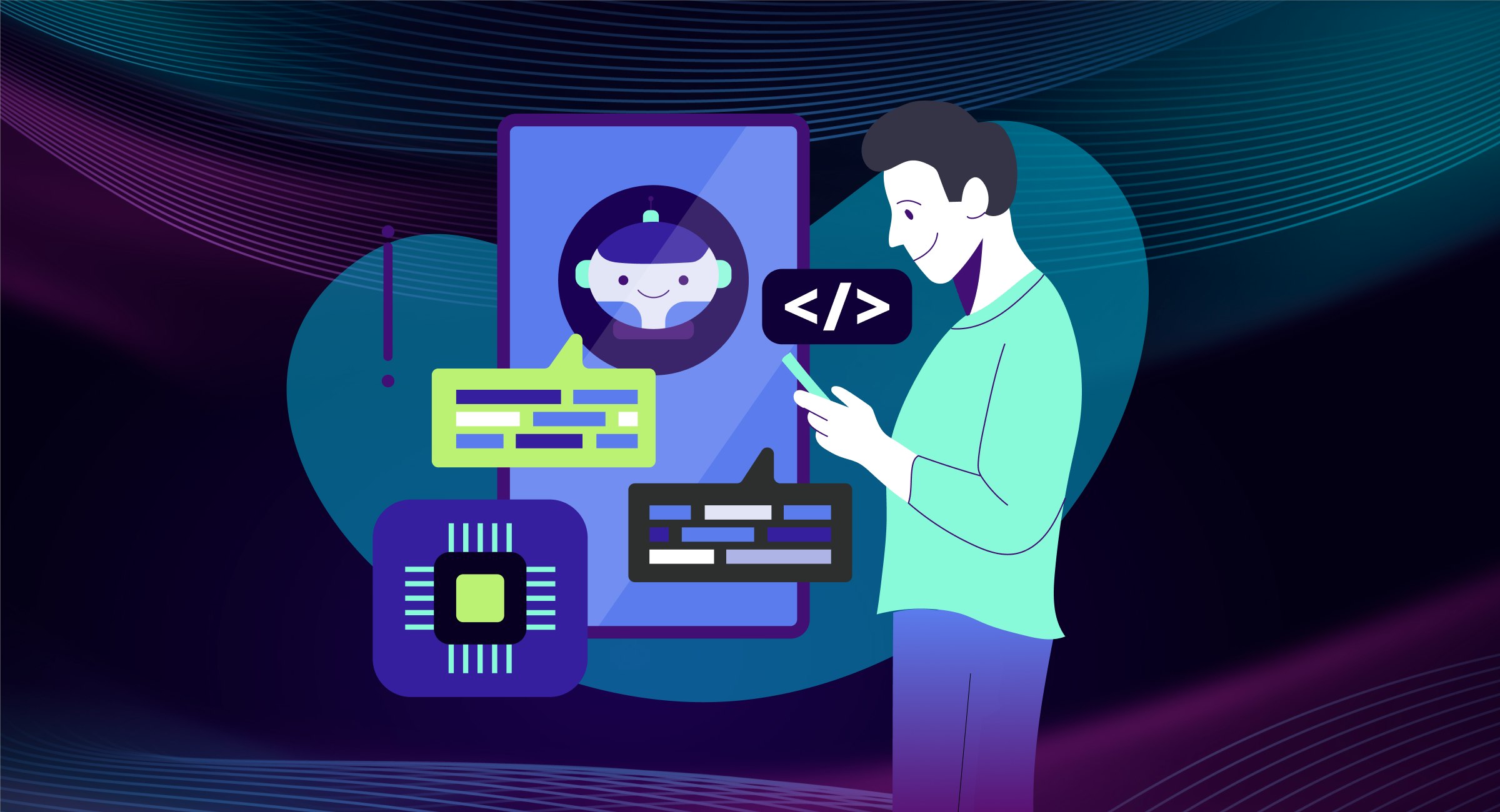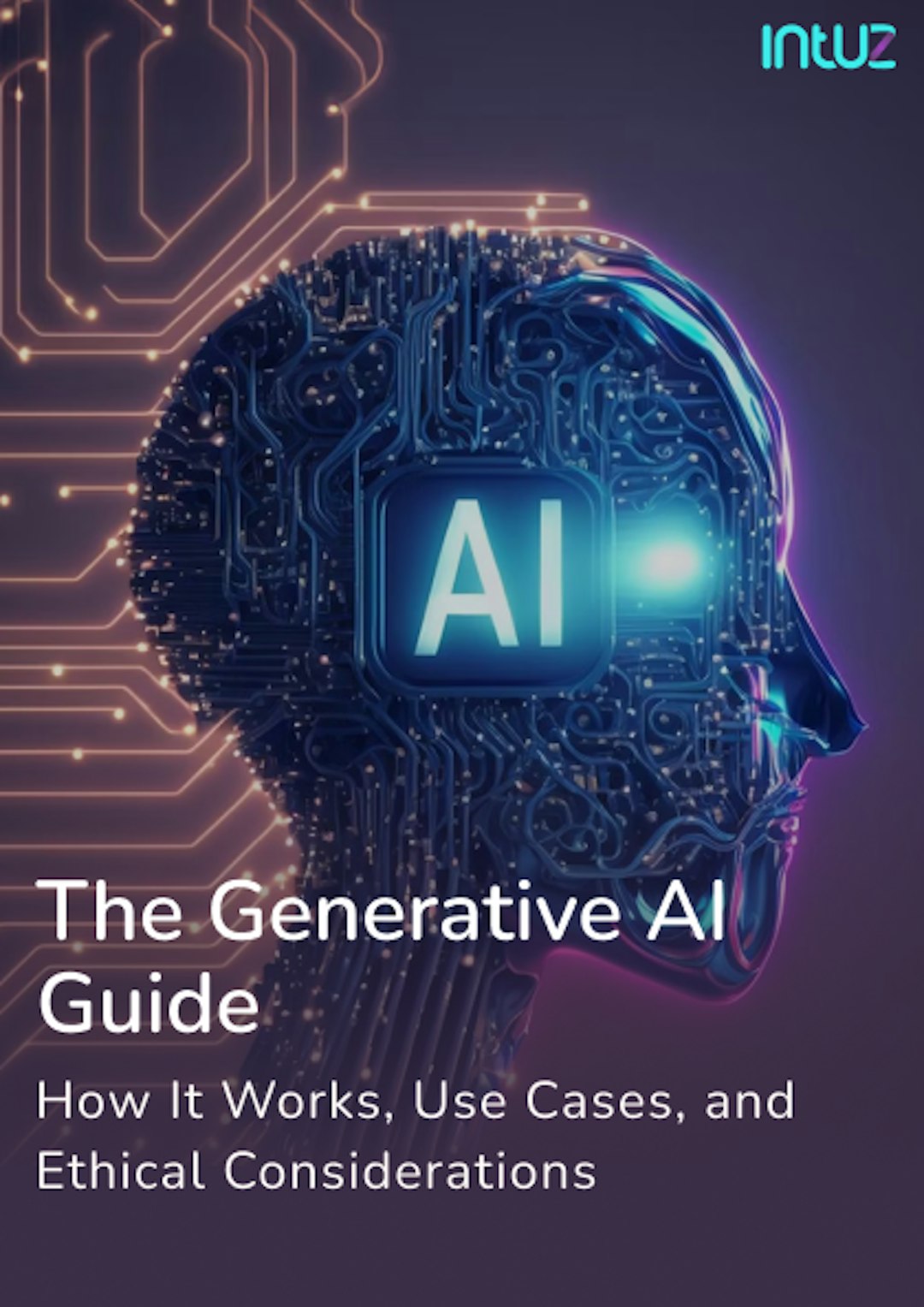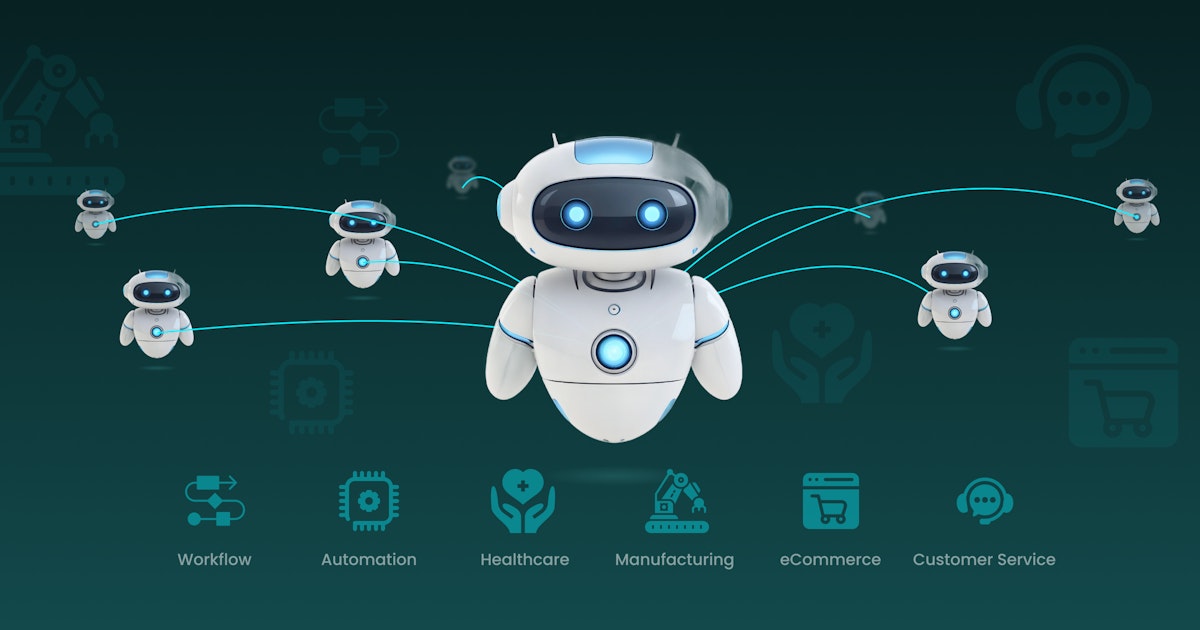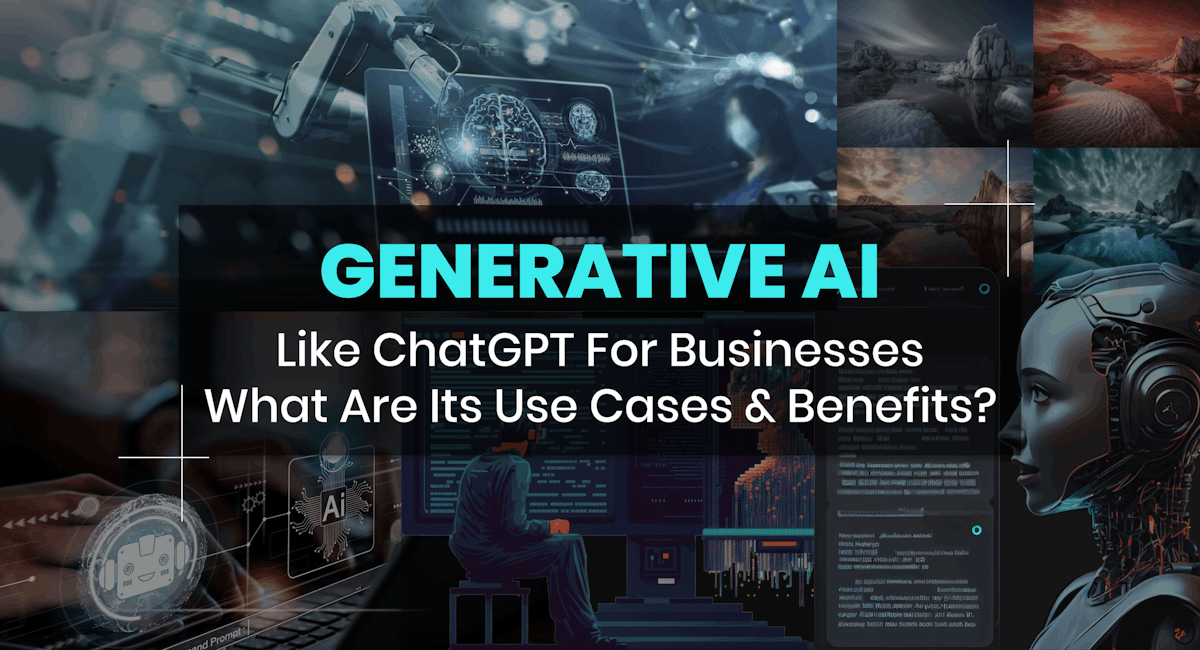Table of Content
Generative AI is still nascent, but it has already transformed how business operations work everywhere. According to a Gartner study, 45% of executive leaders plan to up their AI investments, while 70% have reported exploring with GenAI in some capacity.
With its capacity to analyze huge datasets, build high-end simulations, automate processes, hyperpersonalize the customer experience, and solve technical challenges, GenAI can help businesses design custom AI development solutions and stay ahead of industry shifts.
Of course, choosing the right one is essential with hundreds of AI products out there. The best Generative AI model providers will have extensive technical expertise and will be a pleasure to work with in the long term.
In this blog post, we’ll talk about the key points to consider when choosing a Generative AI provider to support your business.
1. Define your project goals and requirements
This first step is all about the what and why of using GenAI. Partnering with a provider is an expensive investment; nailing this part down will ensure you get the most out of a custom AI development company.
Clear objectives
Do you want to use GenAI to improve process efficiency? Boost revenue? Enhance the customer experience? Expand to new markets? Having a set of clear overarching objectives in mind will help you choose between different providers based on expertise.
Specific use cases
Outline the use cases where GenAI adds the most value, such as automating workflows, building chatbots, analyzing financial data, enhancing customer experience, predictive modeling, and so on.
Specific requirements
Specify any mandatory features you need in a Generative AI development company, such as specific data security measures, customization options, or integration with specific tools/APIs.
Your technical expertise
It’s essential to understand your organization’s capacity to implement GenAI solutions that meet your business goals effectively.
Budget
Last but not least, consider how much you’re willing to spend on GenAI upfront and how much ongoing maintenance you’re ready to pay for to get the most optimized results.
See how built an AI-powered SaaS platform for enhanced case management
2. Research and evaluate Generative AI providers
Once you’ve narrowed down potential providers, it’s time to look at what they’re like to work with. Ideally, you want this to be a long-term partnership, so you need to ensure that your processes and communication styles are in sync. Here’s what to cover.
Case studies
Every reputable Generative AI solution provider should have a portfolio section on their website detailing their work and the case studies of clients they’ve successfully served.
This is vital to helping you select providers with the exact mix of technical skills and industry expertise you’re looking for. In some cases, you may need to reach out to them personally to request case study data.
Customer testimonials
Check out the provider’s reviews on trusted platforms like G2, Capterra, or Clutch. And don’t just look at the star rating, either. Delve closely into the reviews left by customers similar to you and make note of the highlights and pain points they mentioned.
This will help you prepare talking points for when you schedule a call with the provider.
Data handling practices
Data security is a greater concern than ever, and you need to be confident that the GenAI provider will protect user privacy and handle sensitive data safely and ethically. You should also look at how they comply with industry regulations, both global and local.
Trust certifications from third-party audit bodies are a good sign.
Project timelines and pricing
These are practical details that can make or break the partnership. Are their timelines feasible enough for your deadlines? At the same time, do they devote sufficient time to each stage that you minimize the chance of redos later?
You should also evaluate pricing options to see the split between upfront costs, ongoing fees, and relevant taxes. Be cautious about the possibility of any hidden fees later on.
Technology stack and customization options
What tools, frameworks, and LLMs does the GenAI provider use? What supporting platforms do they integrate with? How can they customize the solution to your needs granularly?
Particularly if you’re dealing with new product research or proprietary data, you’d want the AI to be as tailored to you as possible, with sufficient scope for modifications and scaling up/down later on.
Look at how to revolutionize sportswear eCommerce with intelligent AI solutions
3. Schedule a call and request a trial or demo
This is where you reach out to the GenAI providers you’ve shortlisted and talk to them about how they can assist you. At this stage, you’d also want:
Specific questions
Based on your research, prepare a list of questions to ask about how they work. Points to cover include their expertise in your required data type, workflow structures, customization options, delivery timelines, pricing, compliance, and data security.
Trials/demos
A free trial or demo is a great way to get an idea of the company’s capabilities and proactive approach to problem-solving. Have your technical team be part of the demo audience so that they can ask the right questions afterward.
Support structures
A GenAI provider’s role doesn’t end with deployment. Thoroughly investigate their support processes, including training options for your team, response times, and modes of communication for support requests.
Customer testimonials
Ask the GenAI provider to connect you with previous customers in your space who they’ve worked with and who can give you an unbiased review of their experience.
4. Start with a pilot program or Proof-of-Concept (PoC)
Based on the steps above, you can whittle the list of providers down to a final few. Now, it’s time to see how they approach a real-life business-critical problem.
Limited initial scope
Focus the pilot program on one or two high-impact areas to validate their performance before you commit fully. This also allows you to be selective about what proprietary data and content creation abilities you hand over. Be sure to clearly define the project’s objectives and the results you’re looking for.
Key metrics
Monitor metrics like output quality, processing times, error rates, response times, and so on. You should also collect qualitative data on user feedback from stakeholders on how usable the solution feels to them.
Iteration based on feedback
Based on the results of the initial prototype and how it compares to the initial criteria you laid out, see how the provider responds to the feedback you give. Are they sufficiently open to refining the algorithm or the parameters based on what you need?
At the same time, do they have the conviction and expertise to come up with new possibilities on their own?
We made a Generative AI application to seamlessly chat and collaborate across documents in multiple languages
5. Assess post-project support
Now that the pilot project is ready for deployment, how does the provider continue to support your long-term growth? This is where you go into the nuts and bolts of what your partnership will look like before you sign the deal. Consider the following factors:
Maintenance and support packages
What options do they offer for fine-tuning the AI solutions on the go or as new requirements emerge? In addition, what degree of training support do they offer your technical and non-technical teams?
The latter is significant if the end users of your solutions are departments like client satisfaction or sales. They need to be enabled to use the custom AI-driven solutions independently.
Response times and issue resolution
Lay out your expectations for issue resolution timelines, both urgent and non-urgent. If there’s a specific support channel that your team would prefer, like a 24x7 help desk, specify it now. This is also where you talk about access to training programs and help documentation for your team.
Long-term partnership options
Finally, once you’ve understood and approved all the details, it’s time to discuss partnership agreements.
Decide on terms and conditions that are amenable to both of you and agree on contingency plans for future decisions like changes in project scope, entering markets with different sets of legislation, disagreements in approach, scaling up or down, and so on.
In Conclusion
The right GenAI provider will feel like an extension of your own business. In addition to output quality, it’s vital to be fully aligned on things like industry expertise, tech stack, support, and data security, all without compromising on budget.
Researching all these aspects in potential partners can feel daunting, but with the process we’ve laid out here, it’ll be smoother than you think. If you’re ready to scale your business growth by up to 5X with the power of generative AI solutions, reach out to the team at Intuz.
We are your trusted AI development partner in the USA, with a proven track record of delivering AI solutions across a wide range of industries. Our skilled AI development team collaborates with clients globally to turn ideas into innovative solutions.
We specialize in custom AI applications, generative AI tools, ChatGPT application development services, OpenAI systems, Midjourney projects, TensorFlow development, chatbots, and more. Trusted by leading brands, we consistently deliver tailored AI app solutions that drive growth and success.
We’ve successfully delivered large-scale projects and notable products through effective project management. Our client satisfaction speaks for itself through glowing customer testimonials, highlighting our commitment to excellence and tailored business processes that always deliver.
Whether facing business challenges or exploring new AI opportunities, we consult closely with you to develop robust, scalable platforms.
Do you have a complex AI project in mind? We’d be delighted to help you out—book a free one-hour-long consultation with Intuz.






